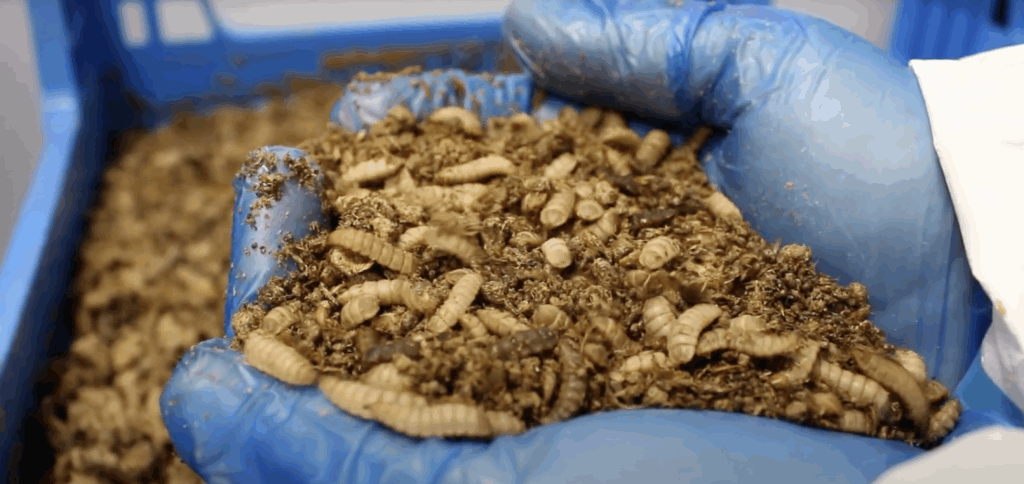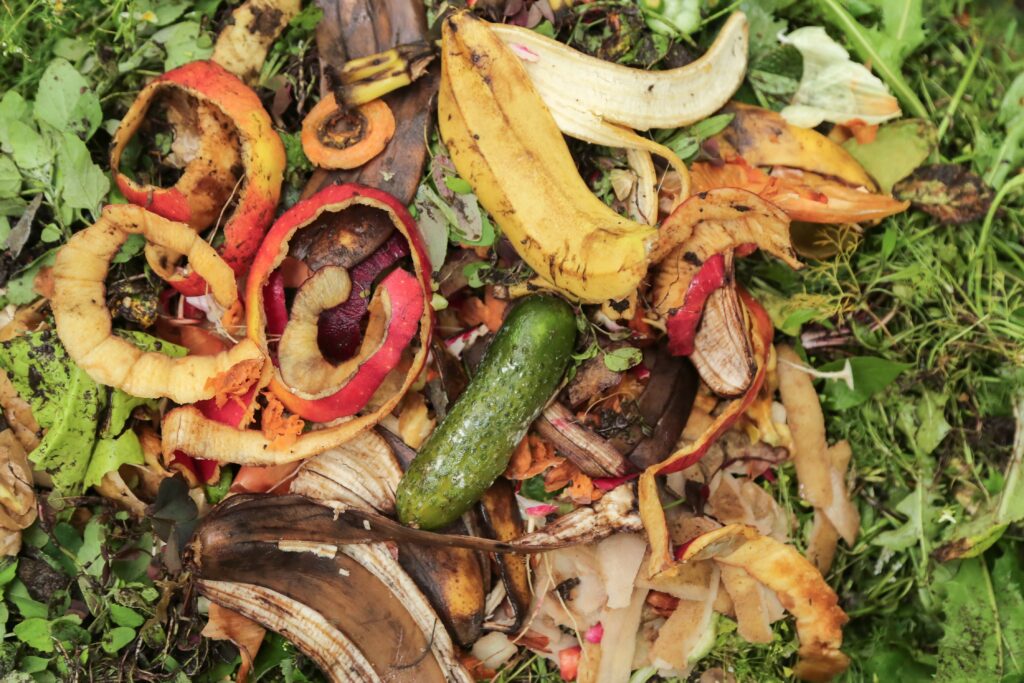New research found that flaws in environmental assessment standards could be holding back the UK’s £220 billion bioeconomy and net zero commitments.
The Environmental Working Group of the Bio-based and Biodegradable materials REGulatory NETwork (BB-REG-NET), which conducted the research, warned that the issue could be systematically blocking the UK’s transition to sustainable materials.
Dr Jen Vanderhoven, COO of the Bio-based and Biodegradable Industries Association (BBIA) and project lead for BB-REG-NET, added: “Immediate standards reform is critical to unlock the UK’s bioeconomy potential and maintain international competitiveness.
“The current situation where identical products can appear drastically different environmentally depending on which assessment method is used is undermining investor confidence and preventing sustainable innovations from reaching their full market potential.”
BB-REG-NET warned that companies which are looking to develop sustainable materials may be disadvantaged by their products appearing worse than fossil-based alternatives purely due to assessment methodology, not actual environmental performance.
Richard Lock, managing director of sustainable material company Holiferm, said: “When we sent the same data set to four different LCA specialists, we got four different results.
“This underscores a critical lack of standardisation – one that risks undermining both innovation and environmental integrity by allowing sustainability claims to vary widely depending on methodology, rather than facts.”
‘Standardised, but Unfair?’
The research – “Standardised, but Unfair? Challenges in comparing bio-based and fossil-based products using Life Cycle Assessment” – assessed fourteen international standards and found that existing frameworks systematically penalise materials designed for composting, biodegradation and carbon sequestration.
The study identified three critical ways current standards disadvantage sustainable materials:
- Biogenic carbon bias: Standards fail to properly distinguish between biogenic and fossil carbon in their assessments. Bio-based materials release CO₂ that was recently absorbed from the atmosphere during plant growth, creating a closed carbon loop. However, many standards treat these biogenic emissions identically to fossil fuel combustion, fundamentally misrepresenting the carbon neutrality of bio-based materials.
- End-of-life discrimination: This emerges as the largest barrier to fair comparison. Materials specifically designed for composting and biodegradation – key circular economy pathways – are forced into assessment frameworks built for incineration and landfill. When standards assess a compostable material as if it were incinerated, they completely miss the intended environmental benefits of returning nutrients to soil and closing material loops.
- Methodological inconsistency: Critical assessment parameters – such as time horizons for carbon accounting, system boundaries, and allocation methods – are left to practitioner discretion. This allows the same product data to produce environmental scores varying by over 100% depending on which methodological choices are made, rendering comparative assessments meaningless.
When comparing bio-based and fossil-based bottles using current ISO standards, the bio-based option’s environmental score could vary by 103% purely due to methodological choices.
Unbiased assessment methodology
The study identified EN 18027:2025 “Bio-based products – Life Cycle Assessment” as the solution, providing the first standard specifically designed to eliminate bias in comparing fossil and bio-based materials.
However, the researchers warned that widespread adoption across government procurement, regulatory approval, and industry standards is essential to unlock fair market competition.
Rachel Rothman, professor of sustainable chemical engineering at the University of Sheffield and one of the report’s authors, said: “We recommend that policy makers and regulators require evaluation in line with the new EN 18027:2025 – the only standard that doesn’t show bias when comparing fossil-based and bio-based materials.”







Subscribe for free